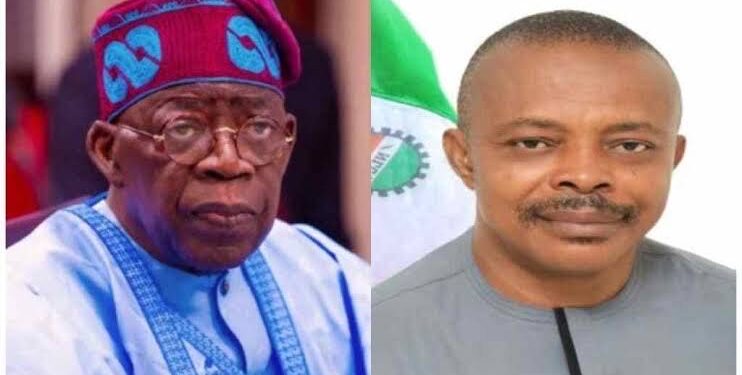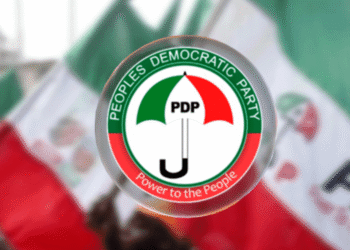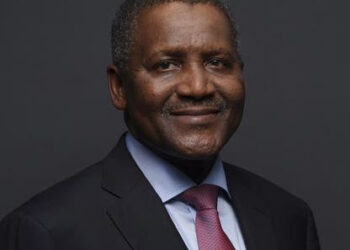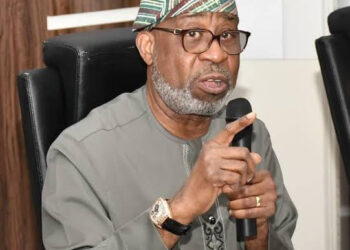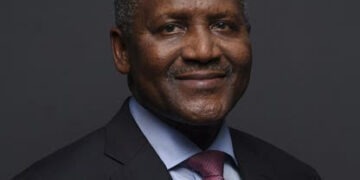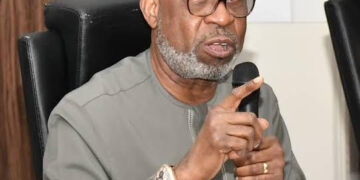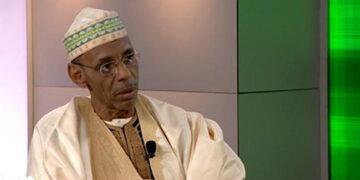Nigeria’s Minister of Budget and Economic Planning, Atiku Bagudu, has affirmed that the Bola Tinubu administration has abolished the subsidy on petrol.
When pressed to provide unequivocal clarification on whether the government still provides a subsidy on petrol, contrary to President Tinubu’s statement at his inauguration last May, Mr. Bagudu stated “No” and elaborated that no allocation exists for such a purpose.
The minister conveyed his stance during an interview with Newsmen last month, which was published on Sunday.
He made reference to the Petroleum Industry Act, which granted autonomy to the state-owned oil company, NNPCL, as well as the policy decision of the Tinubu administration to refrain from subsidizing petrol. He stated, “There is a public policy decision, rightly, commendably, and boldly, that we, as a nation, cannot afford fuel subsidy.”
“The policy has been implemented and is still in effect. However, some individuals are conflating price fluctuations with policy decisions. Our stance on fuel subsidy remains intact. Nonetheless, we do not oversee the daily price movements.”
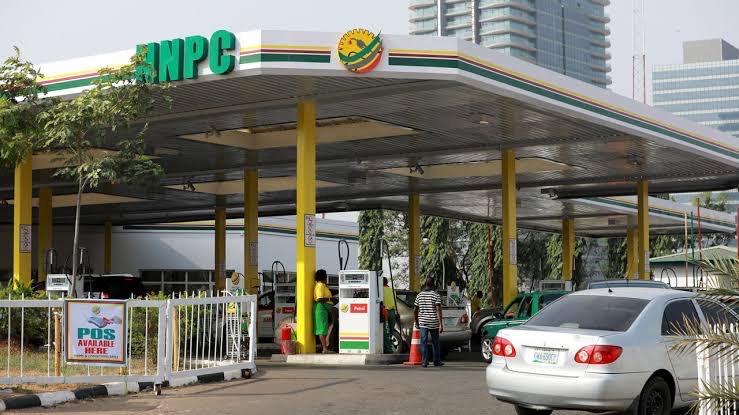
The recent remarks by the minister have sparked further debates on petrol subsidies in Africa’s most populous nation.
Despite the minister’s assertion that the Nigerian government is not providing petrol subsidies, the International Monetary Fund (IMF) declared on Thursday that the Nigerian government reintroduced petrol subsidies at the end of last year. The IMF disclosed that subsidy payments are anticipated to consume nearly half of Nigeria’s projected oil revenue this year. The implicit subsidy is projected to consume an estimated N8.43 trillion of Nigeria’s projected N17.7 trillion oil revenue, as stated in a report released by the IMF on Thursday.
The forecasts mirror those of Bank of America, which estimates that Nigeria could incur costs ranging from $7 billion to $10 billion this year if it imports between 18 and 25 billion liters of gasoline, as reported by Bloomberg.
In April, Nasir El-Rufai, a former governor of Kaduna State, contended that, whether the government acknowledges it or not, the landing cost of petrol indicates that a form of subsidy is being paid. Presently, NNPCL is the exclusive importer of petrol utilized by millions of Nigerians to fuel their vehicles and generate electricity. NNPCL, Nigeria’s highest revenue-generating agency, is presumed to be utilizing its resources to maintain the petrol price below N700 per liter, despite a landing cost of about N1,000, thereby implicitly subsidizing the product for Nigerians.
However, Mr. Bagudu emphasized that the removal of the petrol subsidy, as announced by the president, remains in place. “The elimination of the subsidy does not imply that petrol prices will fluctuate daily,” he informed Newsmen. “Even airlines or major transportation companies, their fuel costs do not vary daily; it is an average.”We do not influence daily price fluctuations. However, as a policy decision, we have resolved not to provide fuel subsidies. That policy remains.”
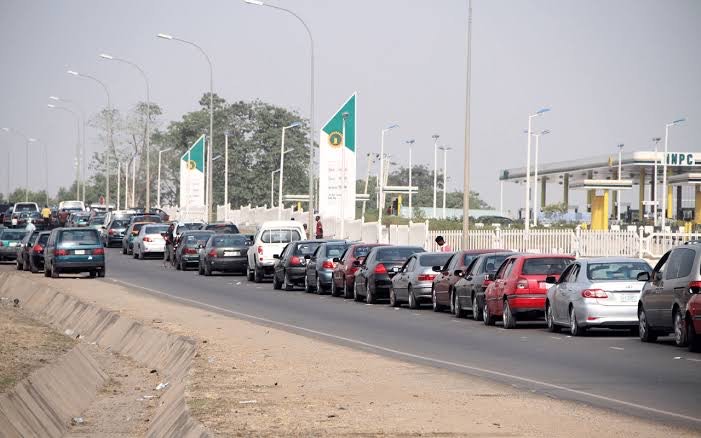
Mr. Bagudu reiterated his stance on the removal of subsidies in a separate interview with the Nigeria Television Authority (NTA).
He acknowledged that while the elimination of petrol subsidies may have caused some discomfort, the policy has bolstered the funds available to all levels of government for investment in critical infrastructure projects aimed at revitalizing the economy. He explained that before May 29, 2023, the government’s finances were vulnerable.”The provision of subsidies significantly impacted the revenue available to all tiers of government to the extent that the economy was stagnant,” the minister was quoted as saying by his spokesperson in the interview broadcast over the weekend.
In his inaugural address last May, President Tinubu stated: “Subsidies can no longer justify their ever-increasing costs given the dwindling resources. Instead, we shall divert the funds towards better investments in public infrastructure, education, healthcare, and employment opportunities that will tangibly enhance the lives of millions. The petrol subsidy is no more.” The president’s announcement led to an increase in fuel prices from N197 to between N480 and N570. Subsequently, the pump price was reviewed upwards to N617 per liter and currently ranges between N620 and N700 per liter.
The IMF had advocated for the elimination of fuel subsidies through the implementation of a market-based pricing system, coupled with sufficient compensatory measures for the underprivileged, along with the efficient and transparent utilization of the saved resources.
In its report, the financial institution noted that fuel subsidies were reformed in June 2023; however, adequate compensatory measures for the poor were not scaled up promptly and were subsequently halted due to concerns about corruption.”The subsequent devaluation of the naira, which aimed to establish a freely floating currency, resulted in fuel prices more than tripling, exacerbating inflation and protests,” the report stated.
“To assist Nigerians in coping, authorities initiated the capping of fuel pump prices below cost, thereby reintroducing implicit subsidies by the end of 2023,” the IMF concluded.
By: Nwakaji Peace Martins


